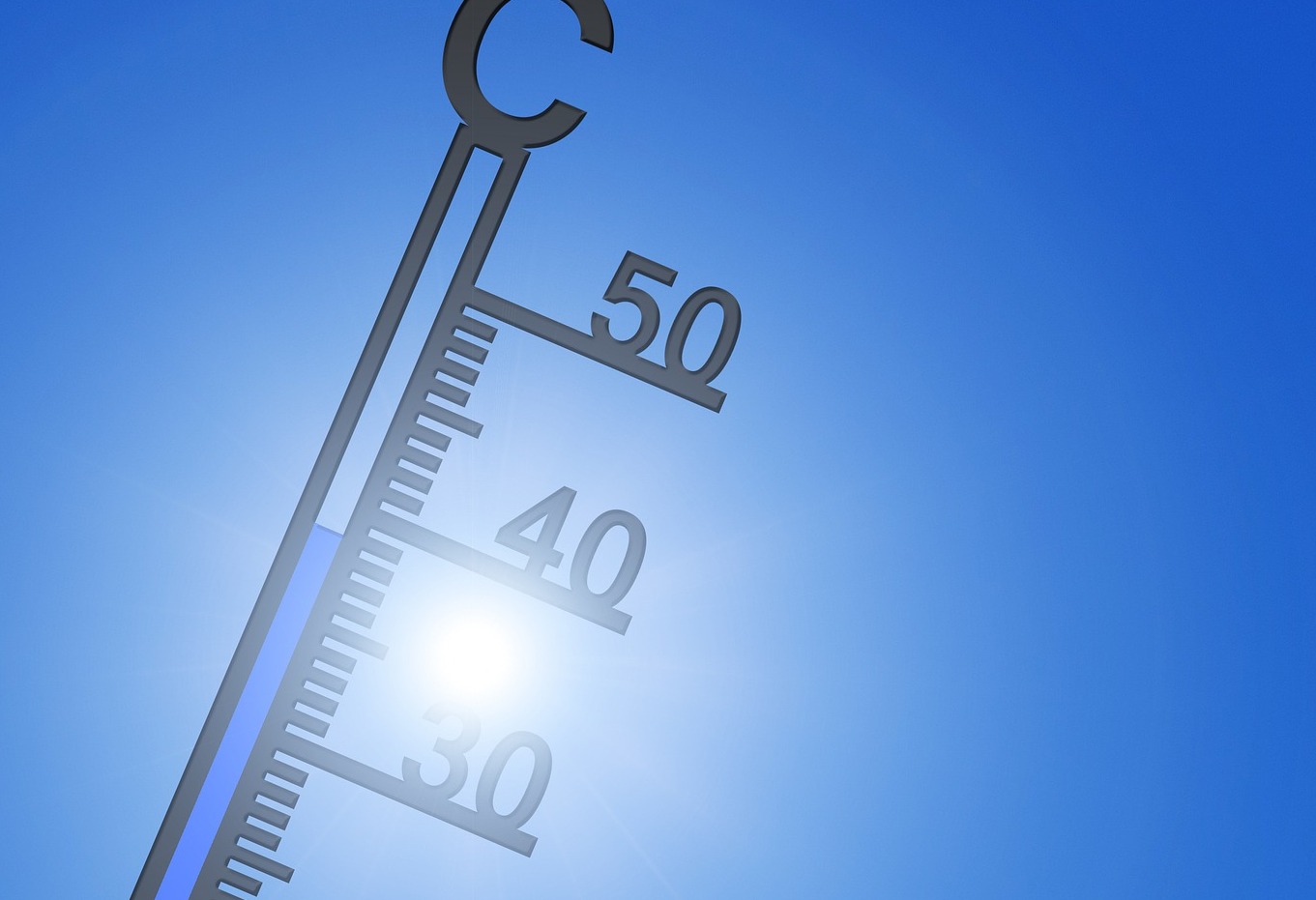James Cook University researchers have new data suggesting referees of women’s basketball have a harder time than when they officiate the men’s game.
Associate Professor Anthony Leicht from JCU’s Sport and Exercise Science led a study that monitored referees of 25 basketball matches in the Queensland State League with microsensors to measure their physical output.
“The most striking result was that relative exercise intensity experienced by referees was around 25 percent greater for women’s compared to men’s matches, despite a similar absolute overall energy output for men’s and women’s matches,” said Dr Leicht.
He said referees were found to have to move fasterduring women’s matches.
“There is one obviously good reason for this, which is women’s matches at the state level are officiated by two referees, while men’s matches and women’s matches at the national level are officiated by three.
So, referees of state league women’s matches may have to cover more of the court to do their job, in contrast to those officiating in the men’s game,” said Dr Leicht.
He said other studies have found basketball referees experience significant cardiovascular stress during matches and cover between four and six kilometres per match.
“Apart from the physical stress on the body, there may be a price to be paid in terms of decision making. Physical fatigue potentially impacts upon cognitive function and decision making,” said Dr Leicht.
He said having three referees in women’s matches would reduce excessive referee movements, intensity of exercise and risk of physical fatigue compared to a two-referee format – and potentially allow greater decision-making capacity.
Dr Leicht said while an optimal training program for referees had yet to be developed, it was thought referees should undertake training focussing on aerobic capacity, speed, and repeated sprinting.
“The current study supports this recommendation, especially for those refereeing women’s matches. The study has clearly demonstrated a need for effective physical training prior to and throughout the season to enable referees to perform optimally for all match types,” said Dr Leicht.







/news/gmp-ops-strategy-web-banner.tmb-768v.jpg?sfvrsn=3fe03d03_1)
